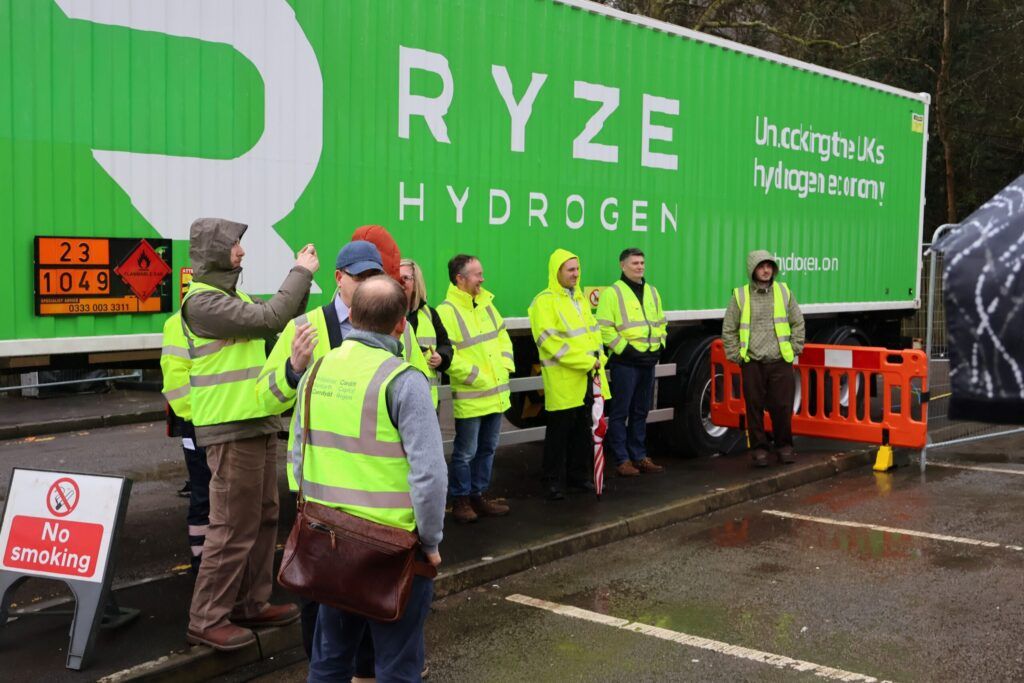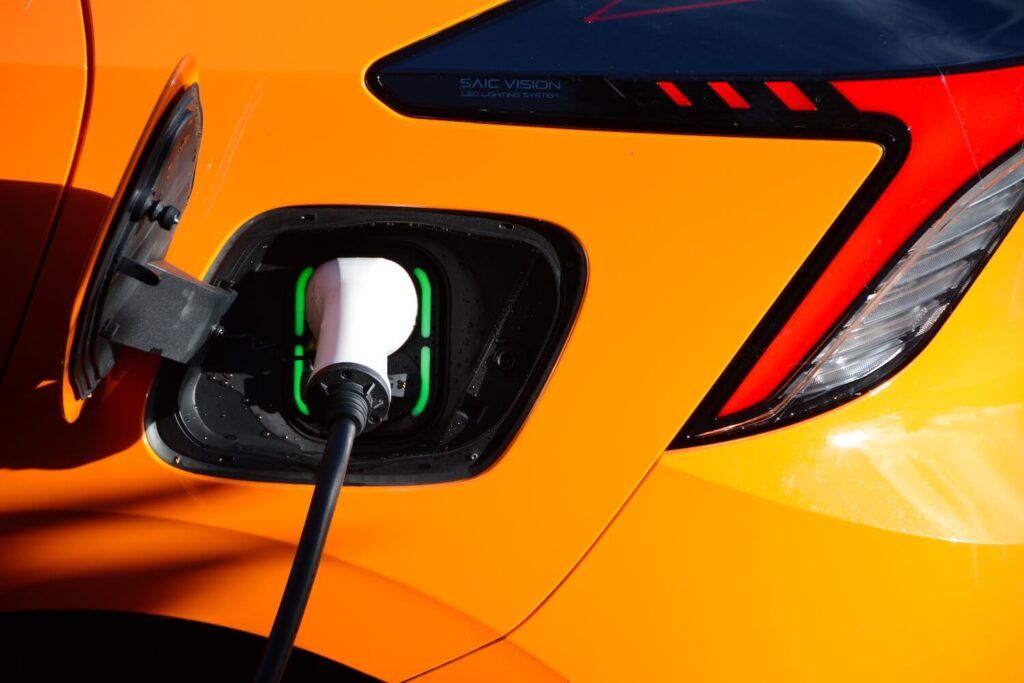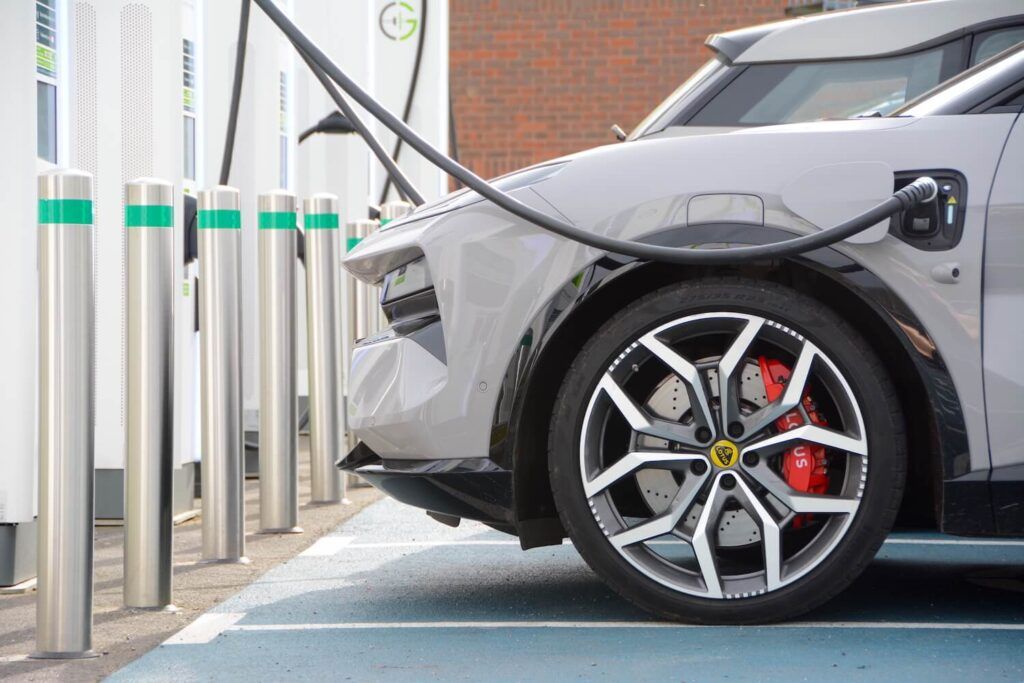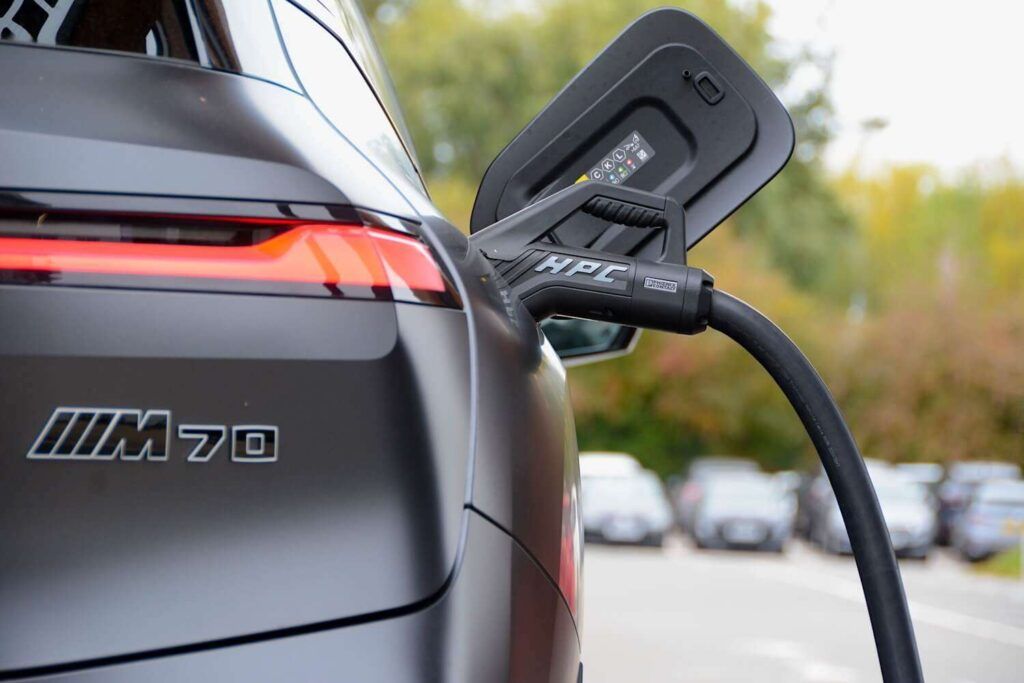A new report by the Centre for Sustainable Road Freight at Heriot-Watt University, commissioned by Transport Scotland, has identified the hot spots where electric vehicle infrastructure is required to support zero emission heavy goods vehicles.
The new report, ‘Towards Zero Emission HGV Infrastructure in Scotland’ demonstrates that the transition to zero emission road freight can be accelerated and supported by investing in electric vehicle (EV) and hydrogen infrastructure at both fleet depots and critical locations along the A9, A90 and M74.
The report shows that Scotland’s truck stops, fleet depots, lorry parks and ports – all have a role to play – and can help road freight operators switch to all-electric fleets by installing new charging infrastructure.
More journey data is needed from heavy goods vehicle fleets to continue building this picture of freight charging needs in Scotland and the researchers are inviting operators to provide this. An updated report will be published in 2025 once more data has been gathered.
Cabinet Secretary for Transport Fiona Hyslop said:
“I’m grateful to Professor Phil Greening and the team at the Centre for Sustainable Road Freight for taking forward this important research, commissioned by the Scottish Government, which shows where investment in infrastructure to support zero emission heavy goods vehicles will be required.
“This signals to private charge point companies and electrical Distribution Network Operators, where focussed investment can bring improvements for the areas that need it most.
“This is all part of the Scottish Government’s wider work on the Heavy Goods Vehicle Decarbonisation Pathway for Scotland, which is our plan to help the HGV industry in Scotland to transition to zero emission trucks – improving air quality and protecting the climate, while supporting sustainable economic growth.”
Professor Phil Greening, a logistics expert at Heriot-Watt University and Director of The Centre for Sustainable Road Freight said:
“This new report is an early blueprint using data to assess critical charging and refuelling locations for zero emission heavy goods vehicles across Scotland. We’ve done a lot of modelling using available data sets – but we want to refine this picture even further. We want to continue working collaboratively with freight operators to better understand their needs beyond the strategic road network and ensure they have range confidence as part of the transition to a net zero transport system.”
“Electric trucks are already on our roads and most short haul freight deliveries can already be completed without any extra charging stops. But for all current freight routes in Scotland to be completed, charging points for electric heavy goods vehicles need to be provided both at depots and along freight routes, particularly the most heavily used ones.”
Image courtesy of Shutterstock.












